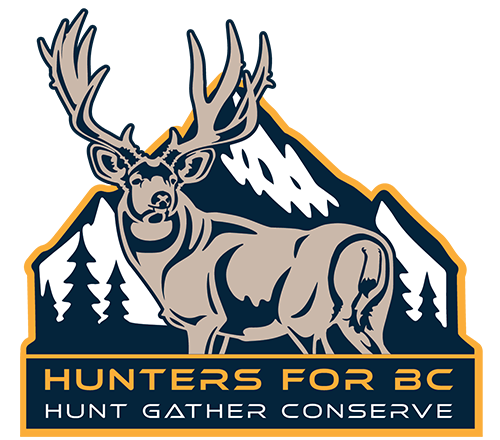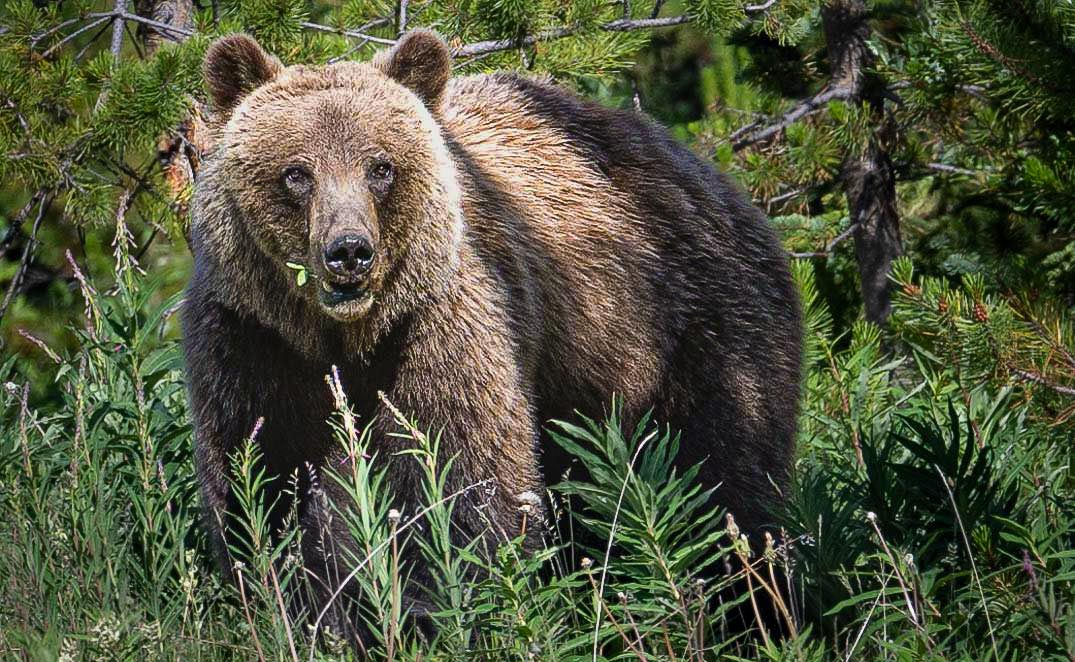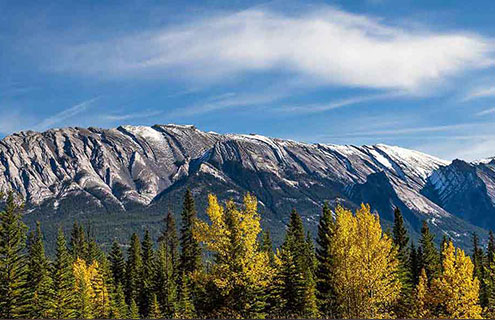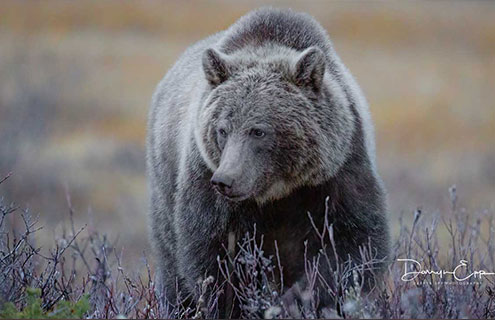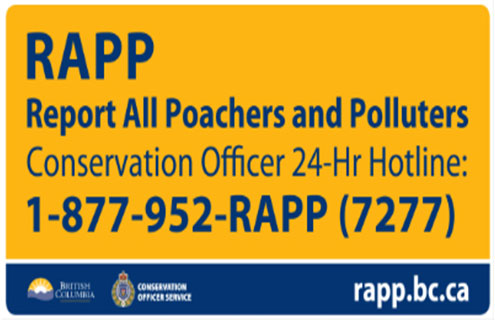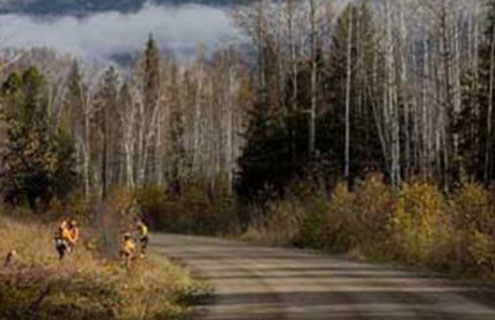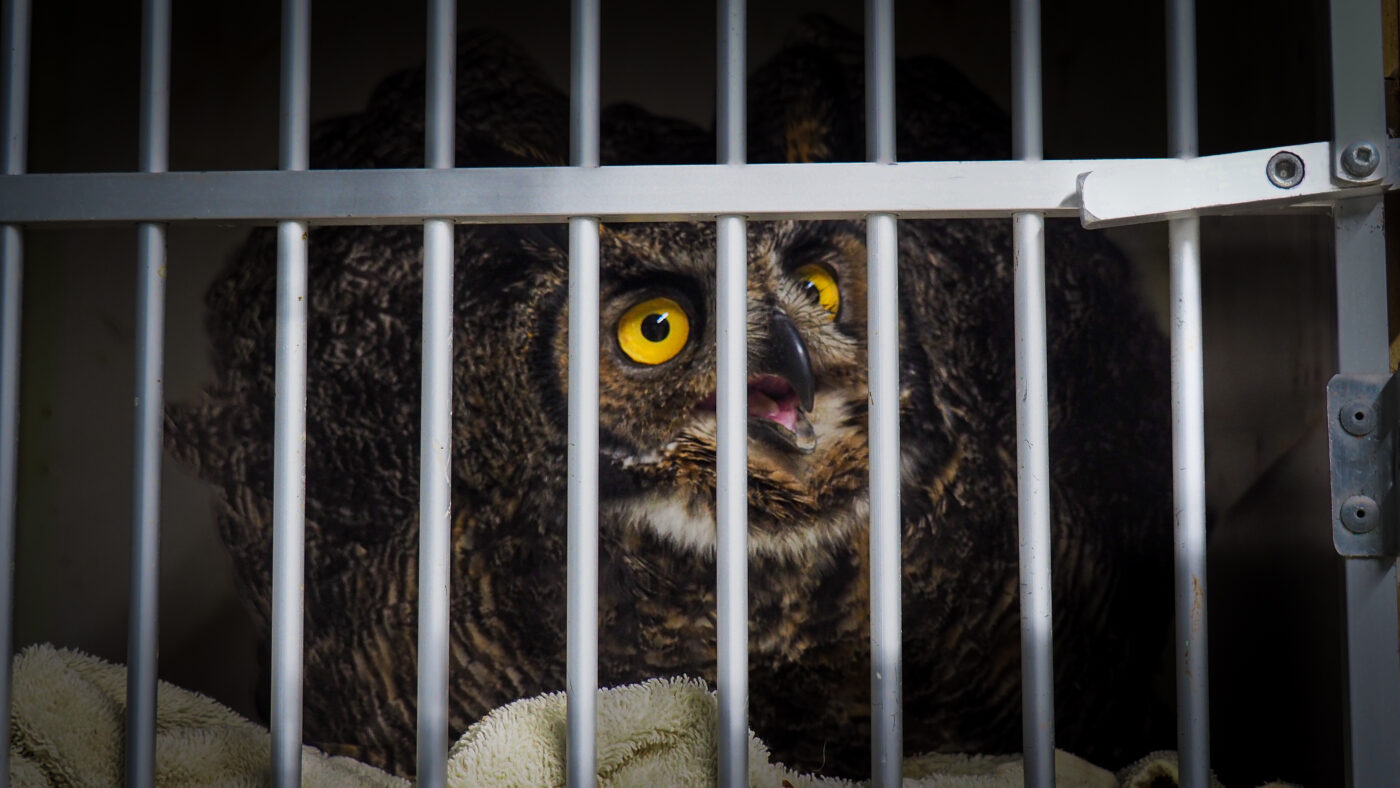Hunters and conservationists often find themselves in discussions with grizzly bear activists, and at times, it can be challenging to communicate key points due to misunderstandings or strong biases. I’m frequently asked to “show the facts,” so I’ll be sharing them here.
Resource roads are constructed for resource extraction activities such as logging, mining and energy development. These roads create economic benefit for the people of British Columbia and are used for recreation and sustenance activities but they can lead to negative impacts as well. The density of resource roads open to vehicular traffic in British Columbia has grown greatly over the years and is leading to serious negative impacts on wildlife and fish resources in many areas. To address the problems being created, an understanding of the technical issues surrounding resource road development and possible solutions must be explored.
As hunters, we’re often portrayed as blood-thirsty killers. In reality, this is rarely the case. Most of us were taught to respect animals and the environment in which we hunt. We obey the laws and regulations and hold other hunters to those standards.
While there are always a few bad apples that anti-hunting organizations love to showcase, most hunters are looking to provide meat and memorable experiences for their family and friends. Dating back to Indigenous People, hunters have always been conservation-minded.
The goal of this organization is to increase public awareness on the current state of habitat and wildlife declines in this province. One area of focus is the science of predator-prey dynamics and the effects of human encroachment on wildlife in British Columbia.
Predator management is extremely important but not always well tolerated or understood by the general public when it comes to ungulate recovery. Human emotion sways political will which can have a negative domino effect on wildlife management. Humans often place a higher value on predator species than prey species and calls for protection of predators are loud and clear in our province these days.
One of the primary focus areas for Hunter for BC is access management. Access management is a broad term and can include any interaction between wildlife and transportation features or corridors.
British Columbia has a huge amount of resource roads as well as public transportation features that have fragmented wildlife habitat and are having a serious negative impact on wildlife populations and biodiversity in general. Hunter for BC is bringing awareness to the problems created and finding solutions to mitigate the impacts.
As we grow at Hunters for BC, we shuffle around a lot of ideas on how we can show our best selves, as hunters, to the non-hunting public. In the media poachers are often portrayed a hunters. Hunters are ethical, conservation-minded individuals that hunt legally. Poachers are anything but.
Mountain caribou, are a sub-group in Southern Interior British Columbia wet belt, to the Woodland caribou, Rangifer tarandus, and are considered ‘endangered’ in BC (Wittmer 2004). All sub-populations of caribou globally share the name of Rangifer tarandus. Northern Idaho marks the southern-most boundary of Mountain caribou range (Wittmer 2004). Province wide, caribou have declined from around 40,000 individuals, to around 15,000 in the last century. Many populations of Mountain caribou in BC are at risk of extirpation, such as the Columbia South herd which overlaps Glacier and Mount Revelstoke National parks, whose numbers went from 120 animals in 1994 to 4 animals in 2016 (Serrouya et al. 2016).
Recent controversy on the use of herbicides in British Columbia’s forest industry has led many to believe that herbicide use is the primary cause of the decline of moose populations in the Province. As a Registered Professional Forester and Board member of BC Interior SCI, I have attempted to provide some background information on the subject and offer my opinion on a targeted solution to the issue.
There is no excerpt because this is a protected post.

